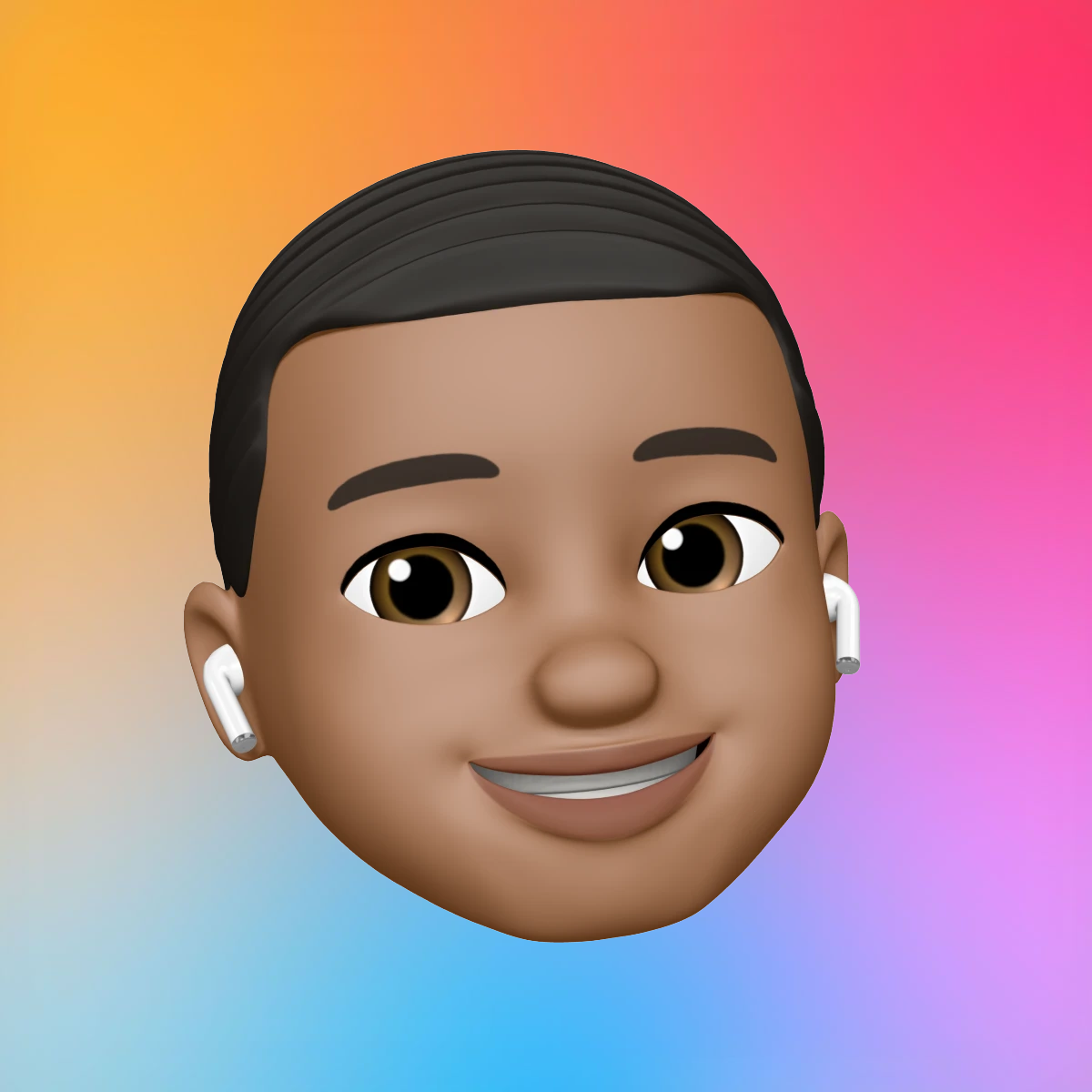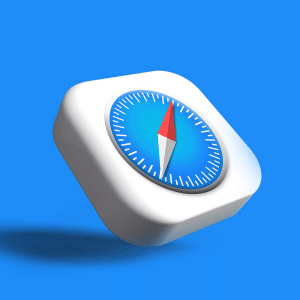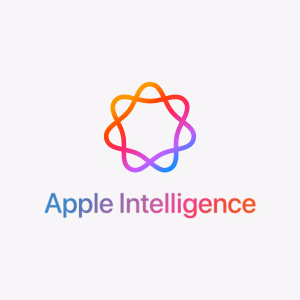OpenAI has entered the competitive web browsing market with the debut of Atlas, a next-generation browser that integrates conversational AI directly into the core browsing experience. The launch signals the company’s most direct challenge yet to Google Chrome, marking a shift from being solely a provider of AI tools to building an entire ecosystem around its technology.
The Atlas browser, unveiled this week, is designed to transform how users interact with the web — combining traditional navigation with context-aware assistance powered by OpenAI’s latest models. Instead of relying solely on search queries, users can ask questions, summarize pages, or perform complex research tasks directly within the browser interface.
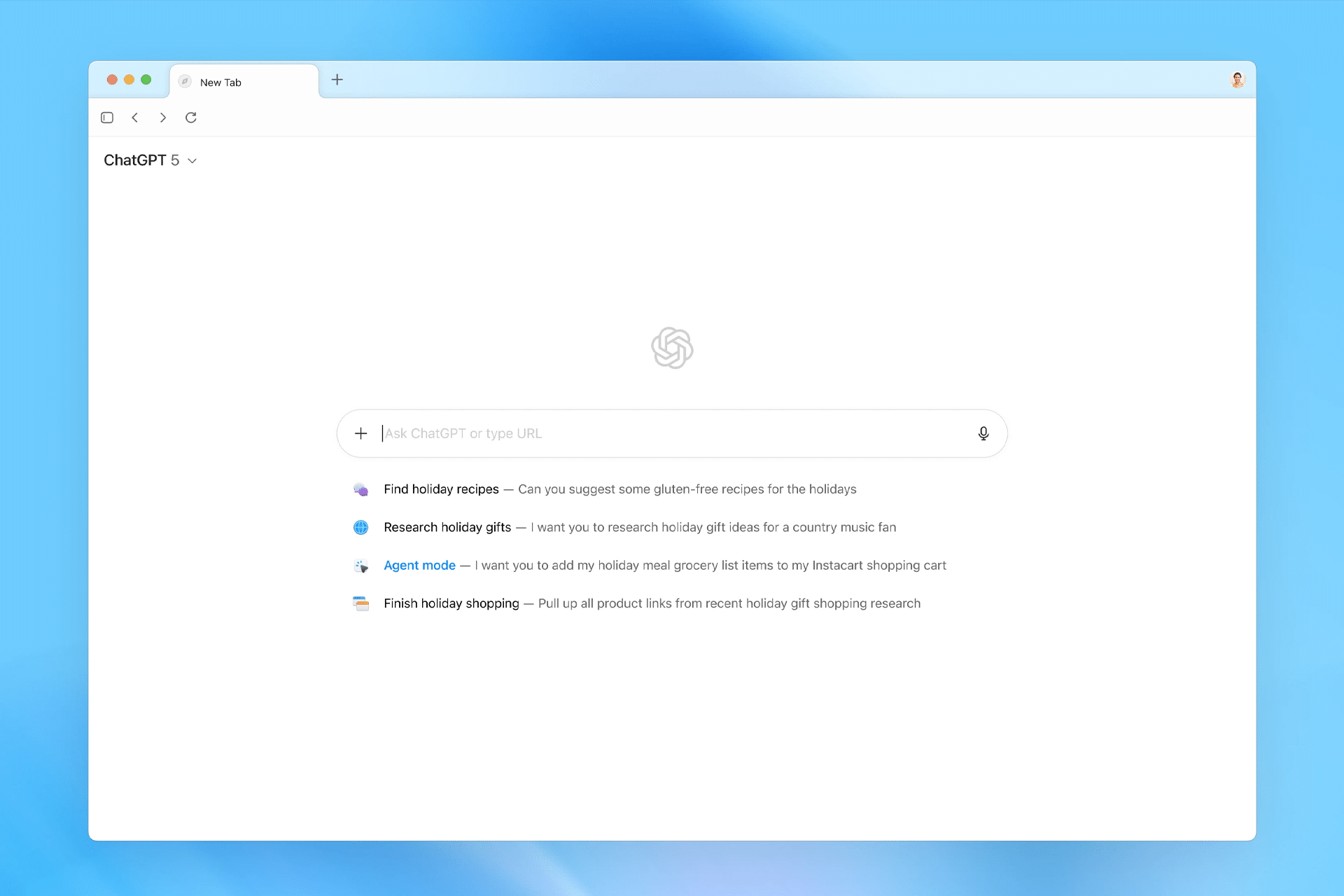
A New Take on AI-Powered Browsing
Unlike conventional browsers, Atlas functions as a hybrid between a search assistant and a productivity platform. Its AI system can interpret user intent, recommend relevant sources, and even recall previously visited content to maintain continuity across sessions.
The interface closely resembles Chrome and Safari in structure but replaces the traditional search bar with a conversational command field. This allows users to issue natural-language prompts such as “summarize this report,” “compare these articles,” or “track updates on this topic,” eliminating the need for switching between multiple tabs and applications.
OpenAI describes Atlas as a “contextual companion” rather than a simple browsing tool. The company says its goal is to make information retrieval intuitive — combining reading, research, and writing into one streamlined environment.
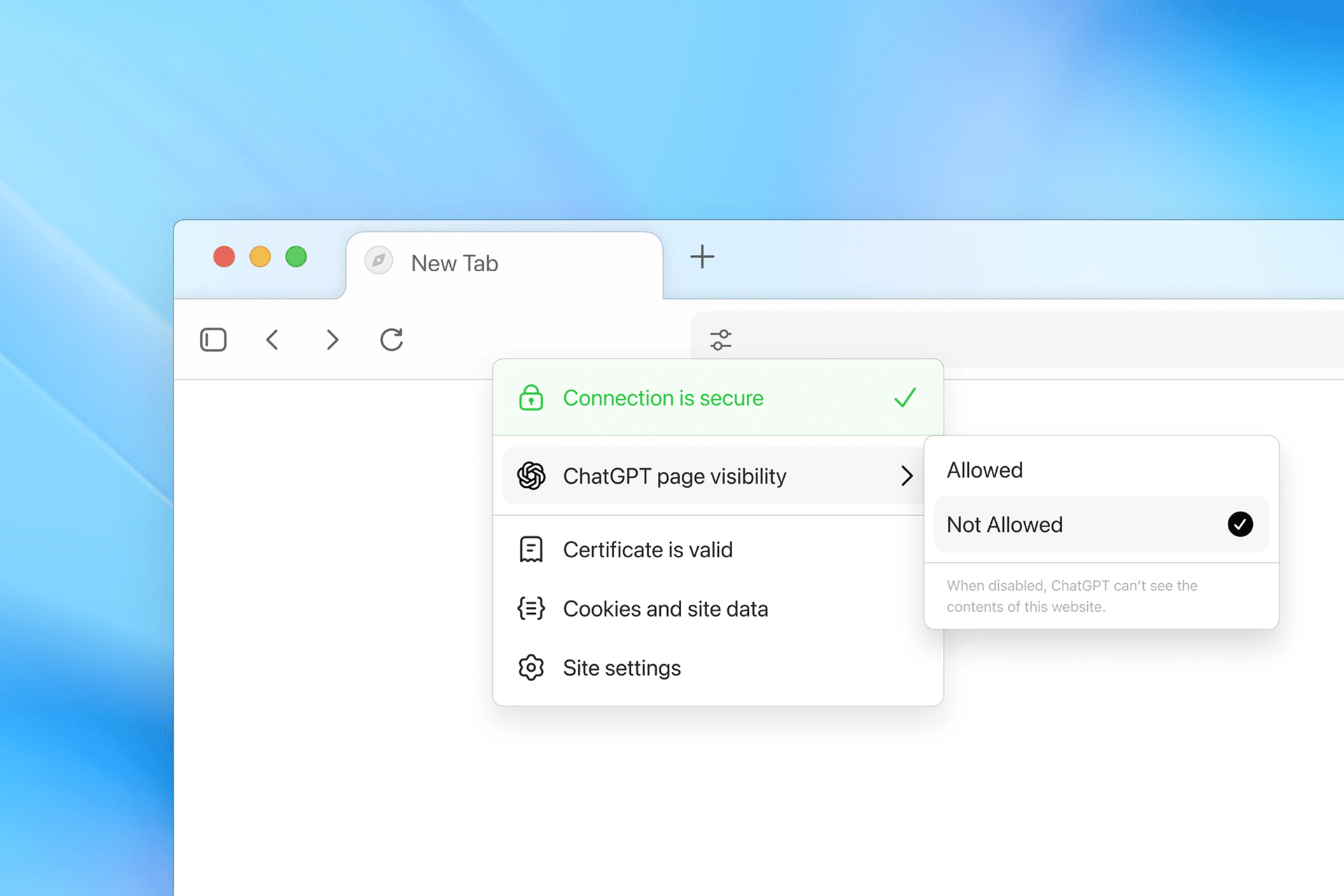
Privacy and Performance at the Core
OpenAI emphasized that Atlas was built with a privacy-first architecture, processing most AI tasks locally or through anonymized cloud instances. The company claims it will not collect browsing data for advertising purposes or third-party profiling, setting it apart from mainstream competitors like Google Chrome and Microsoft Edge.
Atlas also features dynamic tab grouping, offline summarization, and a “distraction control” mode that uses AI to filter irrelevant elements from cluttered web pages. Initial reviews describe the browser as lightweight, responsive, and highly adaptive to user behavior.
The AI integration extends beyond the search bar — Atlas can generate reading lists, extract citations, and convert webpage data into structured notes, all synchronized through the user’s OpenAI account. This workflow integration hints at the company’s ambition to create an AI-centered productivity suite that extends across desktop and mobile devices.
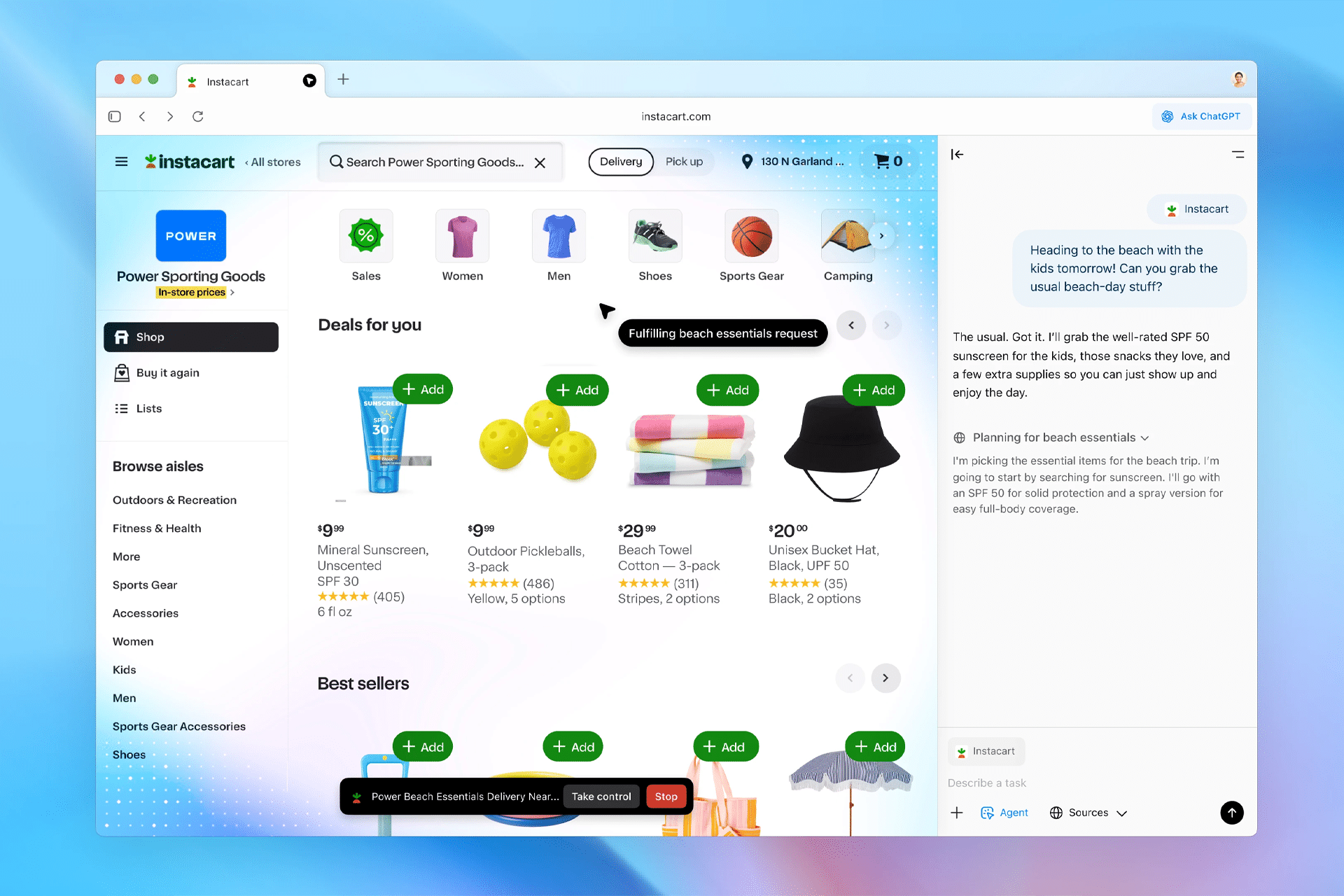
Challenging Google’s Dominance
The launch of Atlas puts OpenAI in direct competition with Google at a critical moment in the search and browser market. Chrome currently accounts for more than 60 percent of global desktop usage, but AI-driven alternatives have begun to gain traction among users seeking more personalized browsing experiences.
Industry observers note that Atlas could attract professionals, researchers, and students who already rely on OpenAI’s GPT-based tools for daily tasks. By embedding the model into a browser environment, the company can offer real-time assistance without requiring users to switch platforms — a strategy that mirrors Google’s integration of Gemini AI into its own products.
OpenAI CEO Sam Altman said the project has been in development for more than two years, driven by the company’s vision of “making the internet feel collaborative again.” He described Atlas as a browser that “understands your goals rather than just your clicks.”
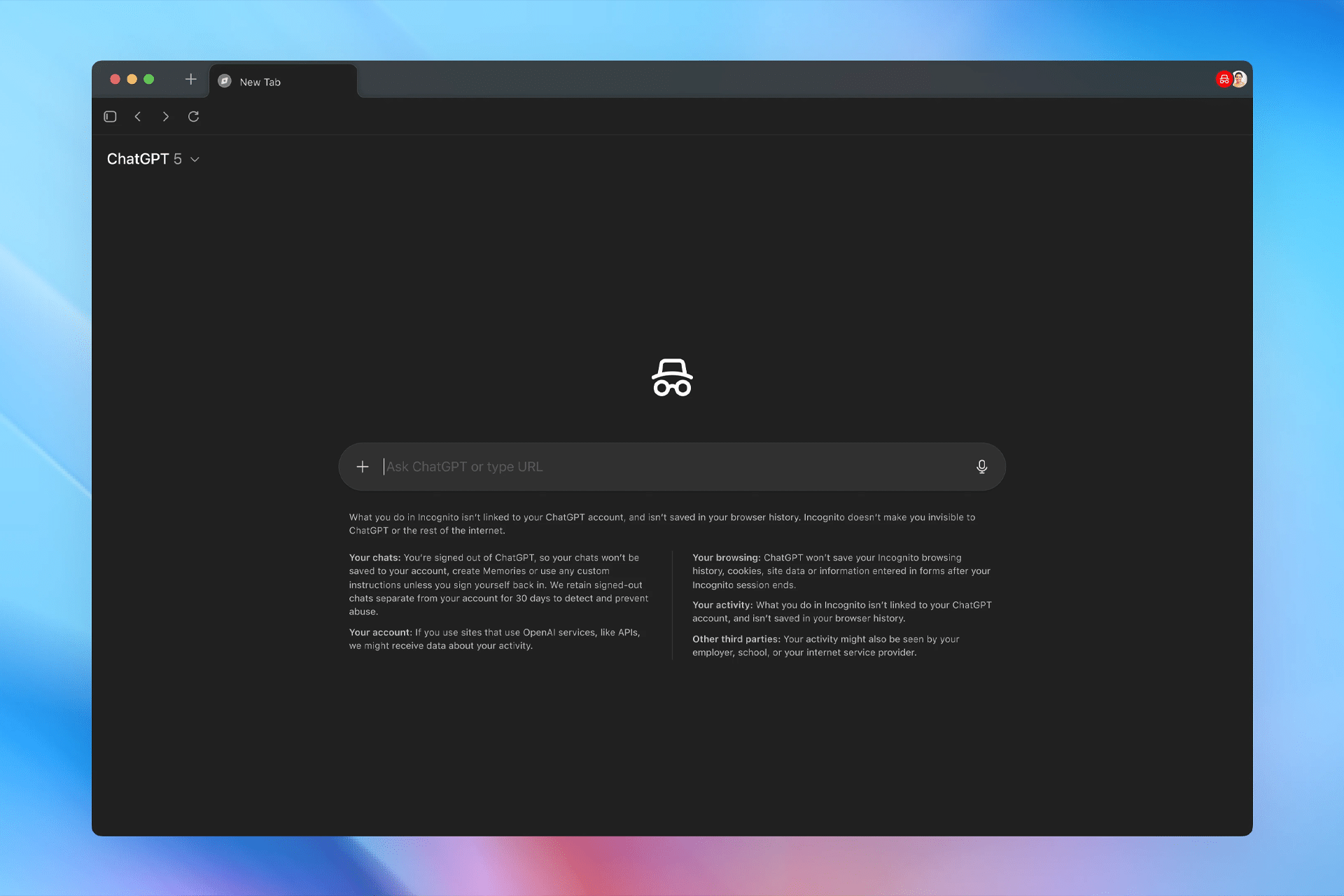
Early User Reception and Expansion Plans
Initial beta testers have praised Atlas for its intuitive workflow and accuracy in summarizing long-form web content. The browser’s ability to maintain memory across sessions — allowing users to revisit prior research threads — is being cited as one of its most distinctive features.
OpenAI plans to roll out Atlas gradually, starting with desktop versions for macOS and Windows before expanding to mobile in early 2026. The company is also expected to release enterprise integrations that allow teams to collaborate through shared AI-assisted research spaces.
Analysts suggest that while Chrome’s dominance remains secure in the near term, Atlas’s innovation could redefine how users perceive browsing itself. Rather than a passive gateway to information, OpenAI is positioning the browser as an active cognitive partner — one that learns, adapts, and anticipates user needs.
If successful, Atlas could shift the competitive landscape not just for web browsers, but for the future of how people interact with the internet.


